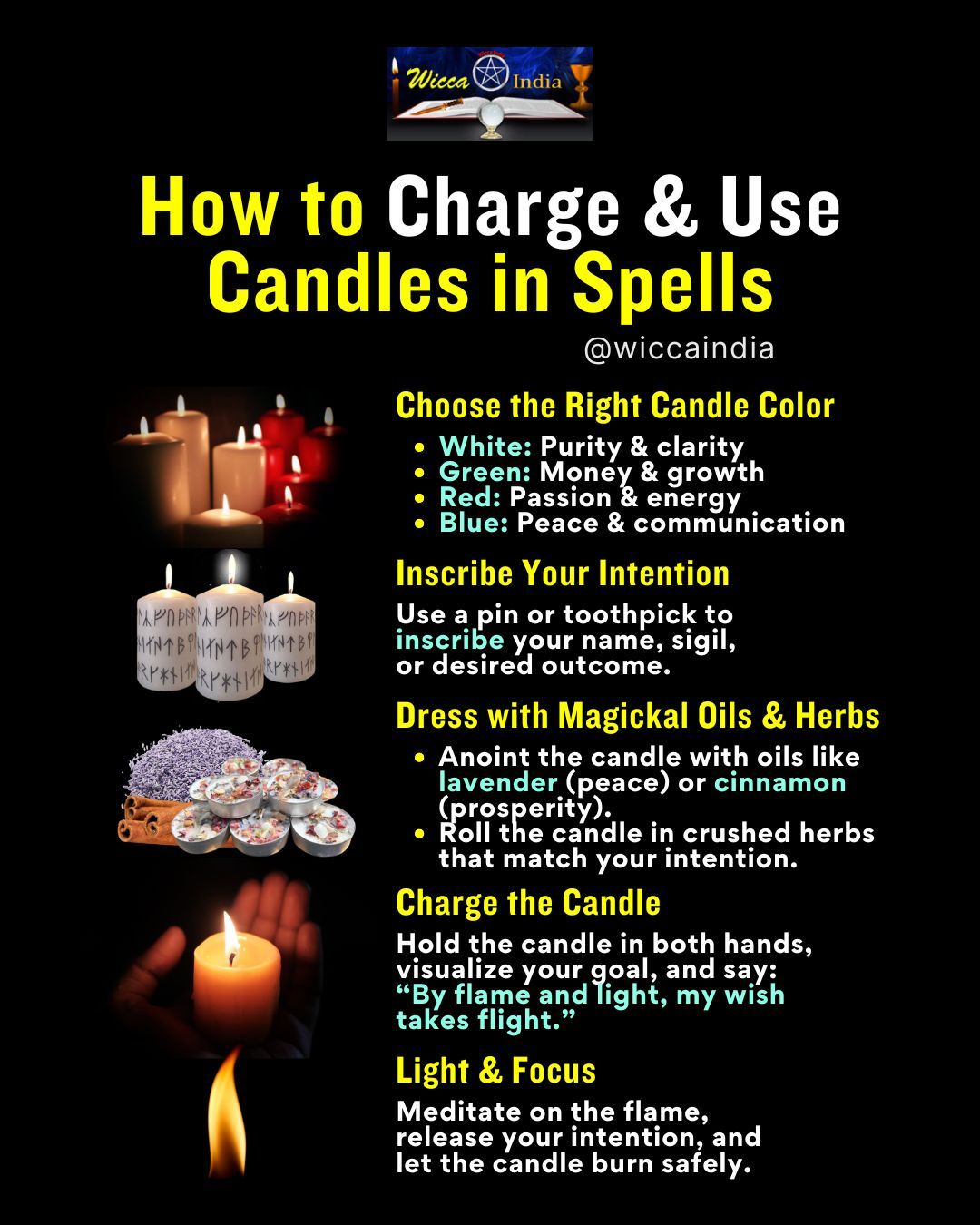Unlock the Power of Menstrual Blood Rituals for Empowerment and Healing
How Do Love Spells Work?
- Menstrual blood rituals are ancient, sacred practices used for empowerment, intention-setting, and emotional healing.
- Across cultures, menstrual blood symbolizes life force, fertility, protection, and transformation when used respectfully.
- Learn safe, step-by-step ways to create a simple intention ritual at home—no experience needed.
- Discover benefits like self-acceptance, personal growth, creative awakening, and spiritual connection.
- Get expert guidance, spellwork support, and love spell products that complement your ritual work.

Ready to draw love and healing into your life? Complement your ritual work with professional spell casting. Shop real love spells that work today or buy love spells online from verified spell casters.
Get your spell cast by the best spell caster in the worldMenstrual Blood Rituals: Meaning, Power, and Modern Practice
Menstrual blood rituals have been practiced for centuries across cultures. These rites honor the body’s cycles, transform emotions, and help manifest intentions.
In recent years, interest has surged as people reclaim bodily wisdom and seek sacred, nature-based ways to heal. This guide shares the history, symbolism, benefits, and step-by-step methods to engage with these rituals respectfully—and to pair them with love spells for deeper relationship goals.
Whether you seek closure, passion, or reconnection, you can align your cycle work with targeted spell casting like the Attraction Love Spell or a heart-healing option such as Unconditional Love Spell. Explore the full range in our Love Spells Collection.
The History and Cultural Significance
From ancient Egypt to Greece and India, menstruation was often revered. Egyptians linked menstrual blood with Isis and regeneration; Greeks tied it to Demeter and the life-giving earth; in Hindu traditions, menstruation symbolizes potent change and the creative-destructive energy associated with Kali.
In contrast, other societies viewed menstruation as taboo, isolating menstruators or restricting sacred activities. Despite these differences, many Indigenous traditions honored menstrual blood as protective and medicinal, and some African communities believed it could ward off spirits.
What’s universal is the recognition that menstruation carries power. Modern practitioners are reframing old stigmas, using rituals to reclaim agency, restore dignity, and deepen spiritual connection.
Understanding the Power of Menstrual Blood
Menstrual blood is symbolically tied to the womb—the center of creation, intuition, and renewal. In ritual, it becomes a tangible anchor for intentions: a way to mark beginnings, closures, and transformations.
Historically, it has represented fertility, protection, and vitality. Today, many use it to ground creative projects, reclaim body sovereignty, and connect to cyclical living. Handled intentionally, it can be a potent tool for personal transformation.
Key Benefits of Menstrual Blood Rituals
Self-Reflection
Create a sacred space to explore your thoughts, emotions, and memories. Rituals invite clarity and insight.
Emotional Healing
Release grief, shame, or heartbreak and invite compassion and wholeness.
Personal Growth
Build purpose and self-trust as you align intentions with action and ritual practice.
Self-Acceptance
Embrace your body and cycle, cultivating confidence and body-positive energy.
Empowerment
Reclaim agency over your narrative and step into your authentic power.
Different Types of Menstrual Blood Rituals
- Menstrual Painting: Use diluted menstrual blood as pigment to create art, sigils, or symbols that represent your intention.
- Menstrual Meditation: Meditate with the intention of transformation and grounding; place your journal or altar item nearby.
- Menstrual Ceremonies: Sacred circles or private rites to honor your cycle, celebrate milestones, connect with ancestors, or initiate new beginnings.
Each path invites you to be present, intuitive, and respectful. Let your intention lead.
How to Perform a Simple Menstrual Blood Intention Ritual
Use this safe, respectful method to begin working with your cycle energy.
- Set your intention: In one sentence, define your goal (healing, attraction, closure, courage).
- Prepare your space: Cleanse with smoke, sound, or breath. Light a red or white candle. Play calming music.
- Gather materials: A small sterile container, clean brush or cotton swab, journal, water for dilution, and a dedicated paper or altar item.
- Create your symbol: Dilute a few drops with water. Paint a sigil, word, or heart to embody your intention. Breathe deeply as you paint.
- Seal the work: Speak your intention aloud three times. Let the piece dry. Store respectfully on your altar or in a journal.
- Release and ground: Extinguish the candle. Wash hands and tools thoroughly. Drink water; step outside if possible.
Pair Your Ritual With Focused Love Spellwork
For attraction, reconciliation, or deeper commitment, align your cycle intention with professional spell casting. Popular choices include:
- The Lust for Me Love Spell for chemistry and magnetism
- Bring Back Lost Lover Love Spell for reconnection
- Love Binding Spell for long-term devotion
Browse our full Love Spells Collection to find the best fit for your intention.
How to Incorporate Rituals Into Daily Life
Set Your Intention
Be specific but compassionate. “I invite mutual love and respect” is stronger than “I want X person now.”
Prepare Your Space
Light a candle, place flowers, or use a cloth in shades of red for love and vitality. Keep it simple and sacred.
Choose Your Ritual Style
- Art-based (painting, sigils)
- Meditative (breath, visualization)
- Ceremonial (structured steps, offerings)
Make It Yours
Add meaningful colors, oils, music, or a written prayer. Your authenticity is the power source.
Be Consistent
Repeat monthly or at key phases (new moon, full moon) to build momentum and measurable change.
Overcoming Stigma and Taboos
Modern culture often shames menstruation, creating silence and disconnection. Rituals offer a way to heal stigma by replacing secrecy with reverence.
How to break the taboo:
- Learn the cross-cultural history to reframe limiting beliefs.
- Honor your cycle with private rites—no permission needed.
- Build supportive community or join circles that celebrate cyclical wisdom.
As shame dissolves, empowerment and self-respect grow.
Stories of Transformation
⭐⭐⭐⭐⭐ “After years of disconnect, I tried a monthly painting ritual. It felt awkward at first, but then deeply healing. My cycle is now sacred, not stressful.”
— Jenna, 29
⭐⭐⭐⭐⭐ “A menstrual ceremony changed everything. I felt connected to my body and my ancestors. That day marked the start of true self-acceptance.”
— Maria, 35
⭐⭐⭐⭐⭐ “Meditating during my cycle reset my self-care. I used to dread it—now I look forward to slowing down and listening to my body.”
— Samantha, 27
The Science: What We Know (and Don’t)
Menstrual blood has been studied for unique physiological properties. Research has identified stem cell populations in menstrual blood with potential applications in regenerative medicine. While this field is evolving, it underscores that menstrual blood is biologically unique.
Psychologically, ritual can reduce stress and support mental health by engaging the parasympathetic nervous system. Even simple ceremonies can improve calm, self-acceptance, and perceived control.
Note: Menstrual blood rituals are spiritual or wellness practices. They are not medical treatments. For health concerns, consult qualified professionals.
Respect, Culture, and Responsible Practice
Menstrual blood rituals exist across many traditions. Approach them with humility and care.
- Honor origins: Acknowledge cultural lineages and avoid commercializing sacred practices without understanding.
- Be clear on intent: Practice for learning, healing, and respect—not spectacle.
- Uplift voices: Learn from and support communities who preserve these traditions.
- Seek consent: In group settings or when sharing knowledge, ask permission, credit sources, and listen deeply.
Talk to a Live Psychic for Guidance
Want a personalized reading to align your ritual with love, reconciliation, or a fresh start? Connect instantly below.
Frequently Asked Questions
What are menstrual blood rituals?
They are sacred practices that use menstrual blood symbolically for intention-setting, protection, creativity, and healing—privately or in community.
Are menstrual blood rituals safe?
Yes, when done hygienically. Use clean tools, avoid open wounds, wear gloves if preferred, and never ingest bodily fluids. Consult your doctor for medical concerns.
Do I need to be on my period to practice?
No. You can plan ahead, use saved materials safely, or work symbolically with red pigments like wine or beet juice.
Who can perform these rituals?
Anyone who menstruates—or anyone who respectfully works with feminine energy and cycle symbolism—may practice, honoring safety and consent.
Can these rituals help with love and relationships?
They can support clarity, healing, and magnetism. For targeted outcomes, pair with love spellwork like Bring Back Lost Lover or Attraction Love Spell.
About the Author
Bring Your Intention to Life
Your cycle is a sacred compass. When you honor it with ritual and aligned spellwork, love opens, healing deepens, and confidence returns.
Pair your ritual with professional casting for faster, clearer results—try the Love Binding Spell for devotion, Bring Back Lost Lover for reconnection, or Unconditional Love Spell for heart healing.
🔴 Need Clarity on your Situation?



